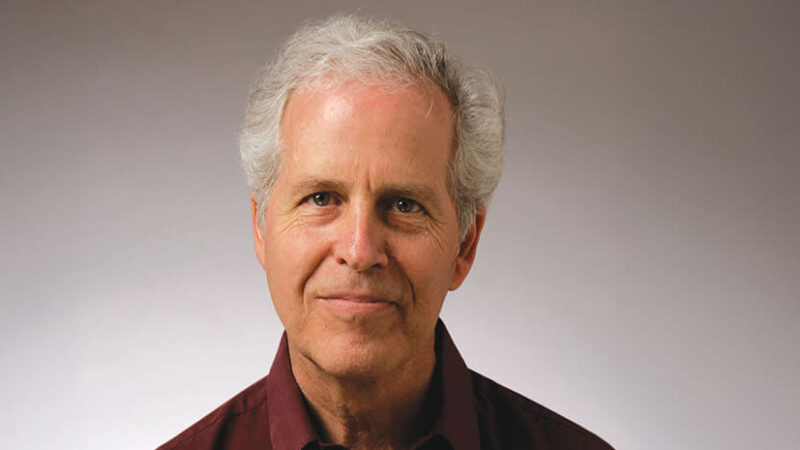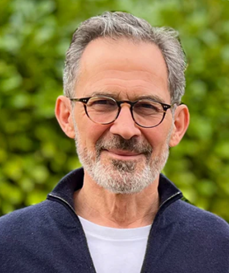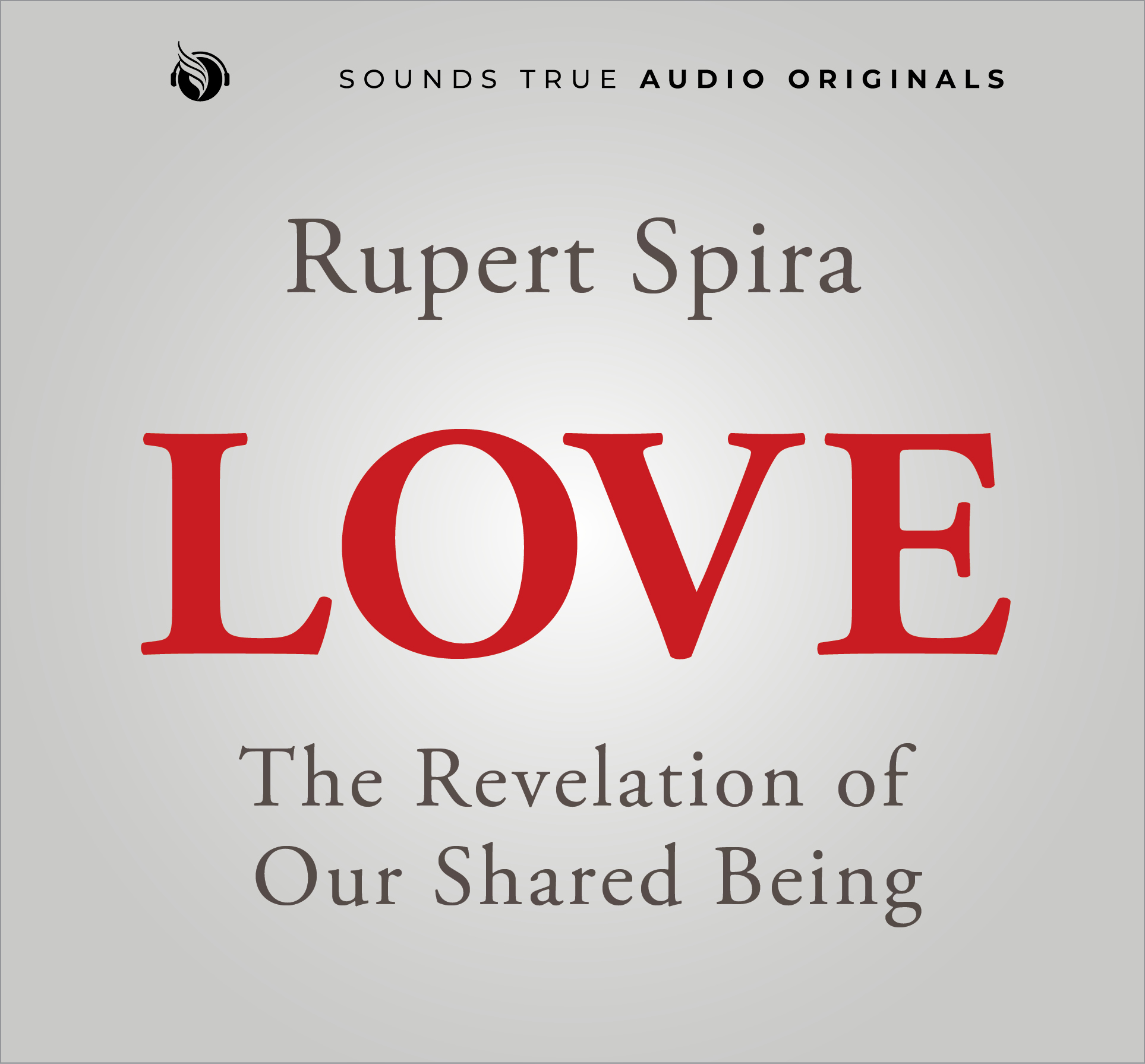John J. Prendergast: Meeting Your Deepest Ground
At a time when things feel utterly groundless for so many of us, Dr. John J. Prendergast offers a practical approach to “meeting your deepest ground”—a stabilizing core of awareness and truth that is at once within and all around you. In this podcast, Tami Simon speaks with the retired therapist and spiritual teacher about his new book, Your Deepest Ground: A Guide to Embodied Spirituality.
Settle back for a fascinating conversation filled with both practical insights and esoteric wisdom for anyone on a path of growth and transformation. Tami and John explore overcoming deep inner resistance to what we would rather not face; how traumatic “material” becomes frozen in the body; Kundalini awakening; how to attune to your body’s “subtle sensitivity” to receive the wisdom it has to offer; relaxing the mind; touching reality through and beyond the body; the “underground dimension” that is both personal and collective; the work of Carl Jung; becoming more intimate with the archetypal dimension of life; the challenge of defining the undefinable “absolute ground” of our being; transmitting a felt experience within a shared field of openness; the two kinds of inner blockages, psychological and existential; the core theme of safety; welcoming difficult feelings and experiences in order to better understand them; activating the light of awareness that leads to transformation; the practice of paying attention to the space behind you; mindfulness and witnessing our thoughts; humility and the pilgrimage from the head to the heart; the futility of “seeking” what is always already here; the disorientation that often precedes a reorientation; common symptoms people experience during the process of unwinding core contractions; letting go (and doing it with trust); the rainbow bridge between heaven and earth; why psychological healing is a necessary component for spiritual awakening; and more.
Note: This episode originally aired on Sounds True One, where these special episodes of Insights at the Edge are available to watch live on video and with exclusive access to Q&As with our guests. Learn more at join.soundstrue.com.








